12 Household Scents That Could Be Harmful To Your Cat
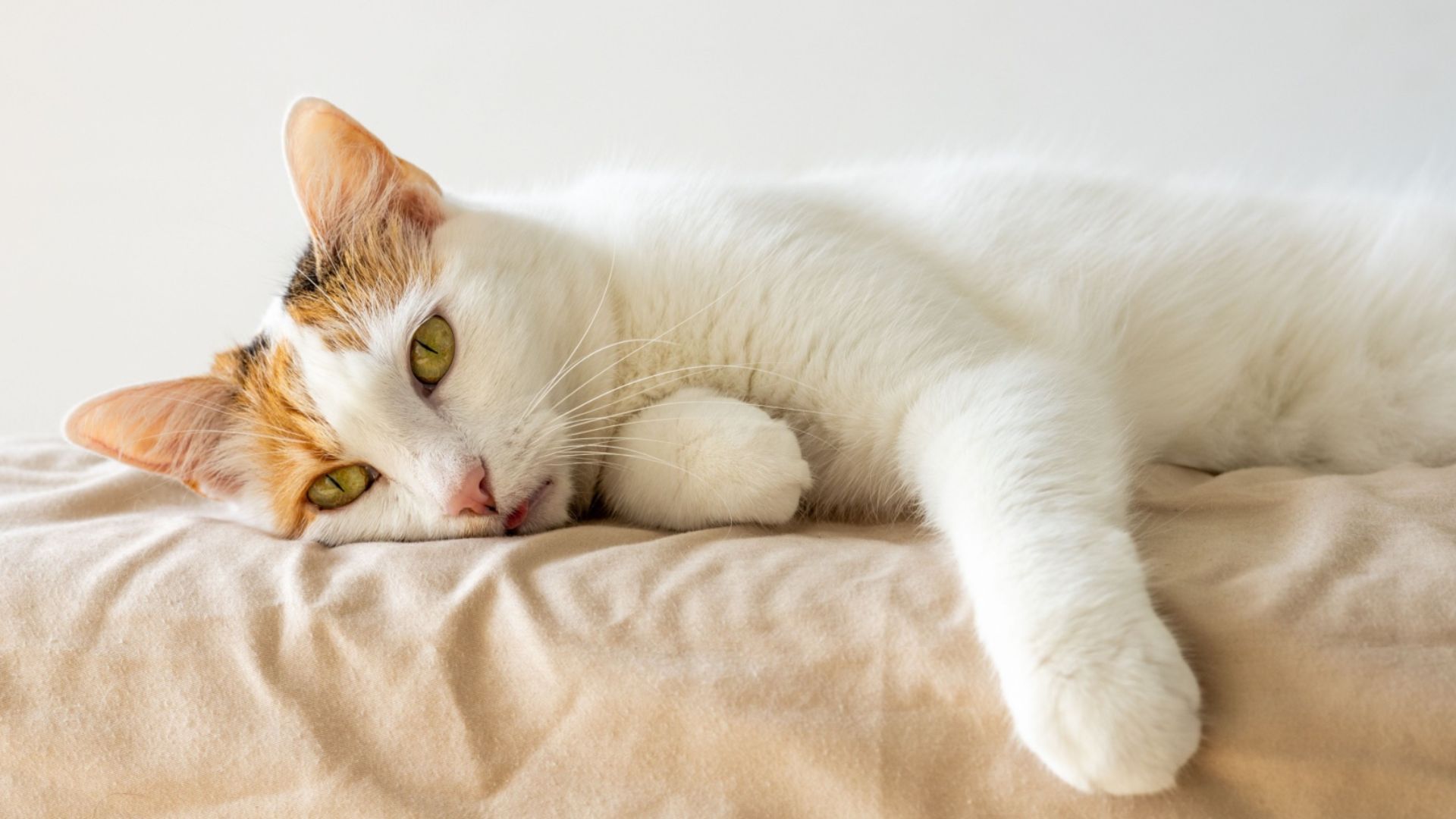
Cats are curious creatures with a refined sense of smell, which often gets them into fragrant trouble. While their whiskers and tails twitch with excitement at every new aroma, not all scents are a purr-fect delight.
In fact, some common household smells can be as perilous as a dog in a catnip patch. And as much as we love our feline friends, their olfactory adventures can sometimes lead them into danger.
Watch out for these scents that might just make your kitty hiss!
1. Essential Oils
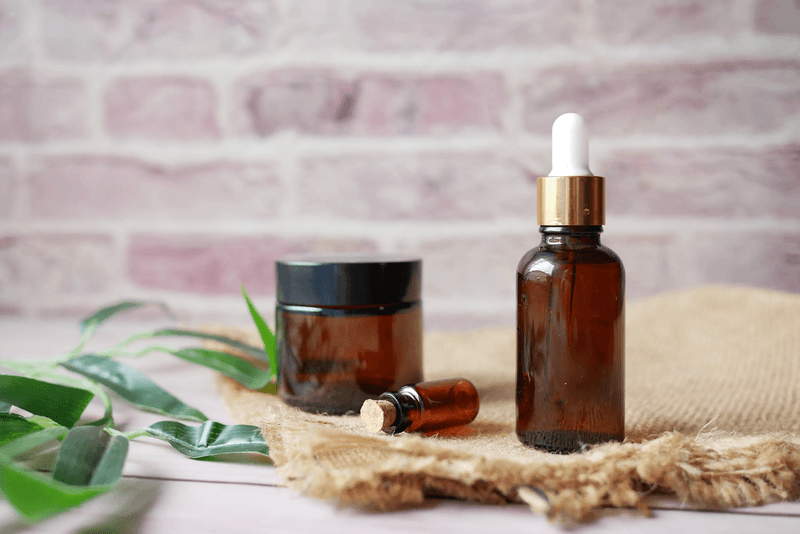
While we humans might find lavender and peppermint soothing, our feline friends could have a different reaction. Many essential oils contain phenols and other compounds that are toxic to cats. These substances can cause liver damage, breathing difficulties, and even central nervous system disorders if ingested or absorbed through the skin. It’s like a not-so-happy hour for the kitty.
A drop of tea tree oil might not sound like much, but it can lead to some serious health issues for your cat. The practice of diffusing oils can even pose a risk as airborne particles settle on your cat’s fur. If they groom themselves, they could ingest these harmful particles. With this aromatic assault, it’s best to keep essential oils in your self-care routine, far from your curious furball’s reach.
Creating a spa-like environment might be your zen moment, but ensuring your cat doesn’t have an unscheduled, hazardous aroma therapy session is essential. Perhaps a relaxing cup of tea is more your kitty’s speed—minus the tea tree, of course!
2. Citrus Fruits
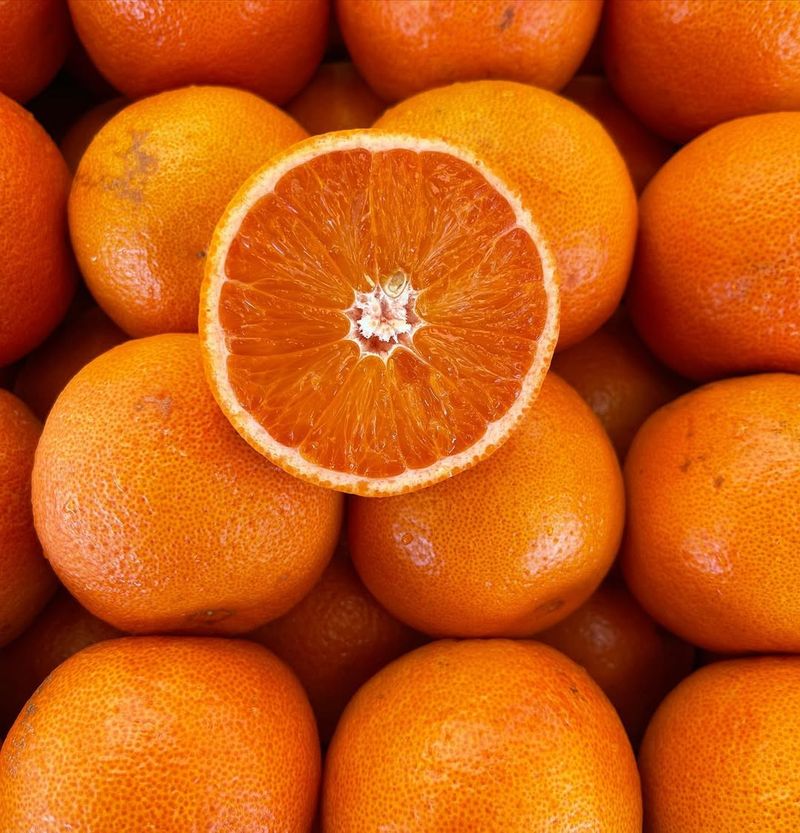
Citrus fruits, with their zesty zing, are the life of the party in many households, but definitely not if you’re a cat. Cats typically despise the smell of oranges, lemons, and limes, which is actually a blessing in disguise. The compounds that give citrus fruits their refreshing aroma, such as limonene and linalool, can be toxic to cats in higher concentrations.
While the occasional sniff might just wrinkle some whiskers, ingesting these fruits can lead to an upset stomach or worse. If your kitty’s curiosity gets the better of them, you might find yourself cleaning up more than just spilled milk. Cats tend to steer clear of citrus-flavored antics, but in case they decide that lemon-scented cleaner is their next big thing, it’s wise to store these items securely.
So the next time life gives you lemons, keep them out of paws’ reach, and perhaps make lemonade for yourself while ensuring your feline remains blissfully unaware. After all, nobody wants a sourpuss on their hands, or in this case, their home.
3. Ammonia-based Cleaners
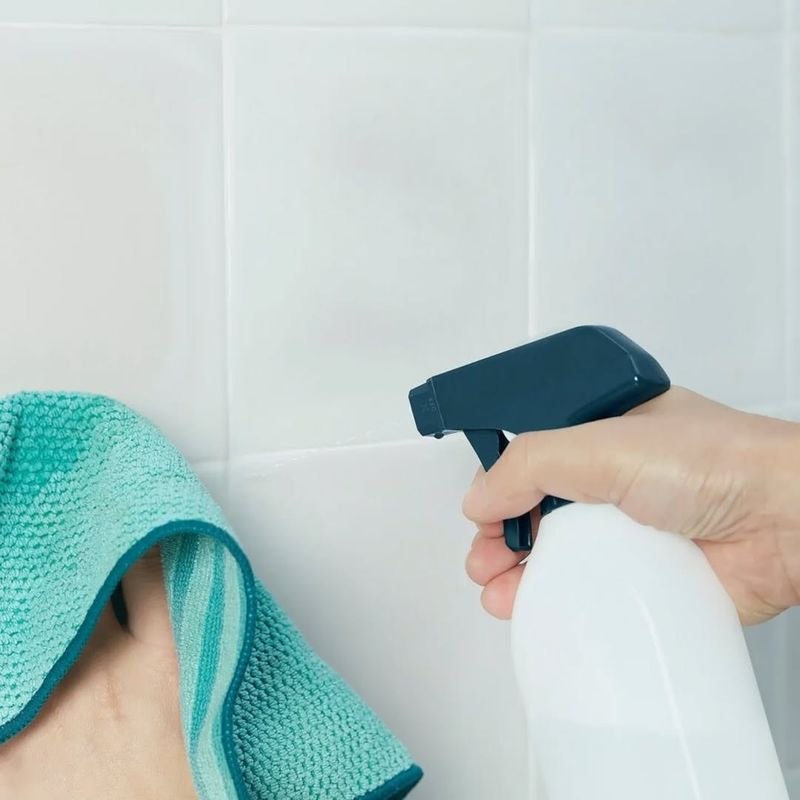
Picture this: you’re on a cleaning spree, armed with your ammonia-based cleaner, ready to battle grime. But beware! This cleaning routine could spell trouble for your feline friend. Ammonia, a compound found in many household cleaners, has a sharp odor that can be overpowering for cats. Their little noses are far more sensitive than ours, and exposure to ammonia can lead to respiratory distress.
Cats exposed to ammonia fumes might experience coughing, sneezing, or watery eyes. In severe cases, it could even irritate their lungs, leading to more serious health problems. It’s like a sneaky villain hiding in the guise of cleanliness. So, when sprucing up your living space, make sure your cat isn’t playing detective in the mist of these potent fumes.
Opt for cat-friendly cleaning products or natural alternatives like vinegar and water. This way, you can keep your surfaces sparkly without putting your furry companion in harm’s way. After all, a clean house doesn’t have to come at the cost of your cat’s comfort—or their nine lives.
4. Scented Candles
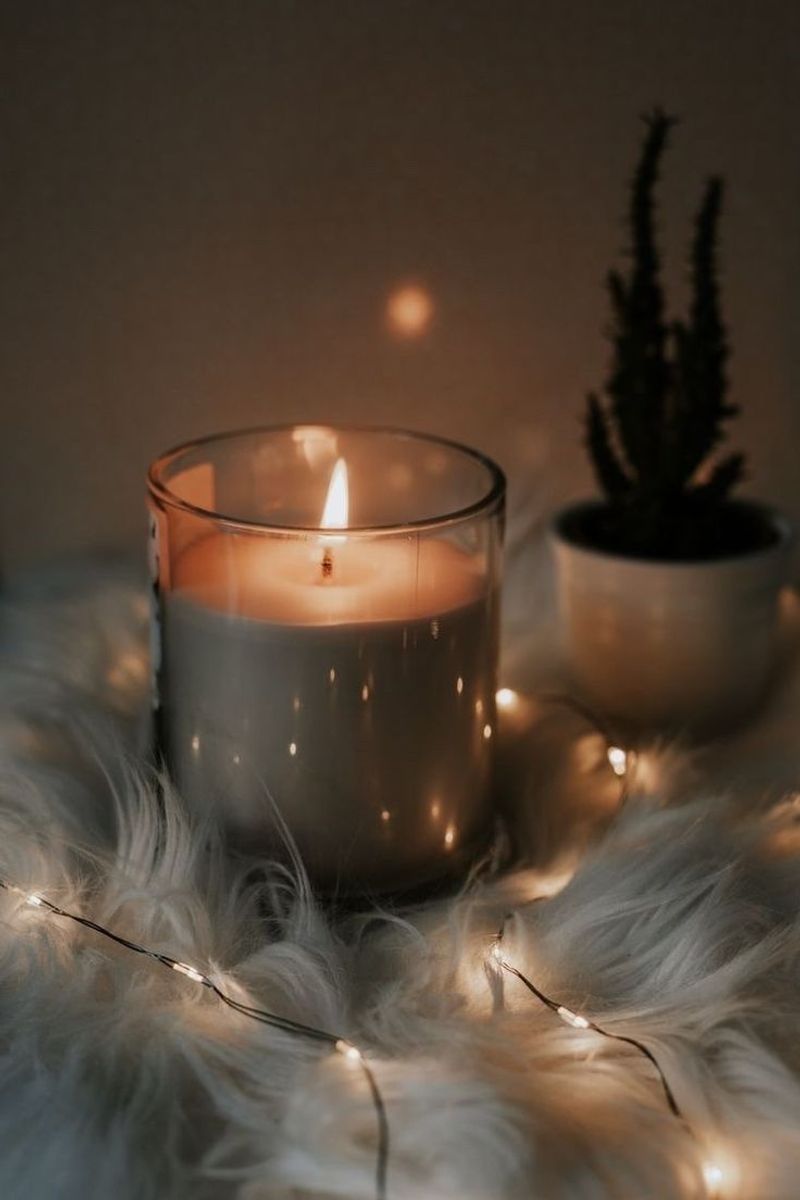
A scented candle’s gentle glow can set the mood like a romantic evening, but your cat might not be sending you heart-eye emojis. The synthetic fragrances and paraffin wax in many candles can release volatile organic compounds (VOCs) and soot when burned. These emissions can be harmful to your cat’s respiratory system, like secondhand smoke.
If your feline friend is prone to spending evenings curled up on the couch, basking in the candlelight, they may be at risk. Inhaling these compounds over time can lead to breathing issues, or exacerbating asthma-like symptoms in sensitive cats. It’s like the candle’s wick is casting a shadow of discomfort for your pet.
Consider opting for soy-based candles or those made with natural essential oils. They offer a safer ambiance without compromising your furry friend’s well-being. Or, better yet, swap the open flame for LED candles, so you can have the glow without the worry. A win-win for a peaceful and pet-friendly home!
5. Air Fresheners
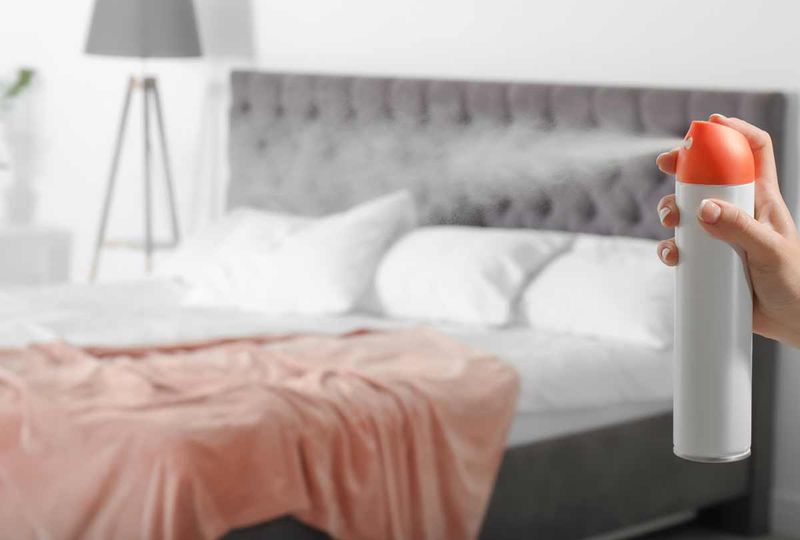
Air fresheners come in all shapes and sizes, promising to whisk away odors, but they might also whisk away your cat’s comfort. The chemicals used in these products, such as phthalates and formaldehyde, can be harmful to your pet. They might smell like a meadow, but for your cat, it’s more like a chemical labyrinth.
The mist from air fresheners can settle on your cat’s fur, leading to ingestion when they groom themselves. This can upset their stomach or lead to more serious health issues. It’s a fragrant trap, cleverly disguised as freshness! Keep those automatic spritzers on the higher shelves, away from curious paws.
A simple solution is to embrace natural alternatives. Open windows for fresh air, use baking soda to neutralize odors, or employ houseplants that are safe for cats. It’s the scent of safety and comfort, wrapped in a natural package, ensuring your cat’s whiskers twitch in contentment rather than distress.
6. Potpourri
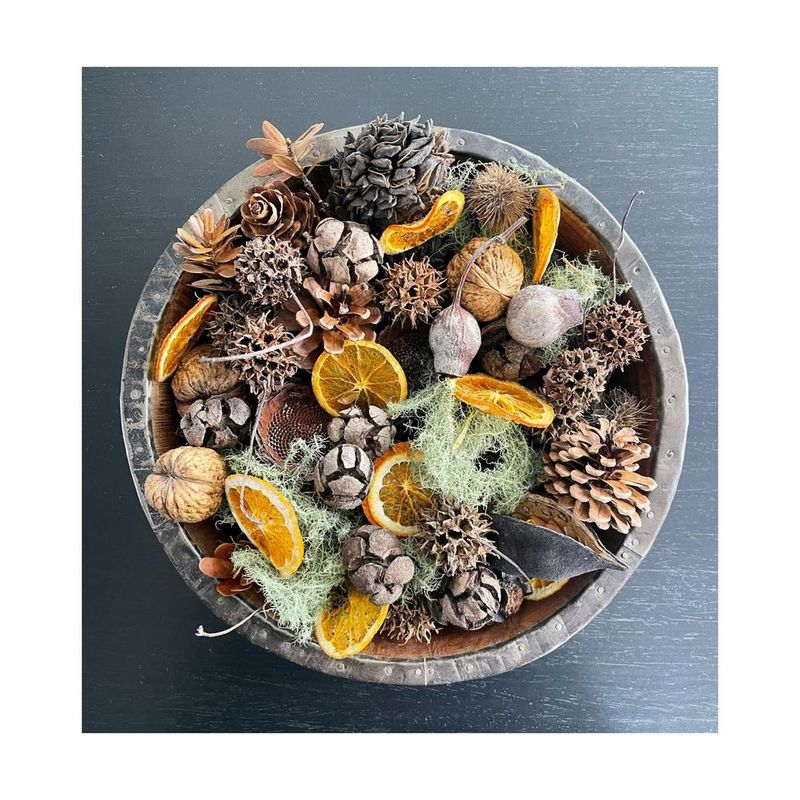
Potpourri might be a feast for the eyes and nose, but for cats, it’s a floral fiesta they’d rather avoid. The dried flowers and spices can be laden with essential oils that are harmful to your feline friend. The vibrant colors and textures might tempt a curious paw, but the consequences are far less colorful.
Ingesting potpourri can lead to vomiting, diarrhea, or more severe gastrointestinal issues in cats. As they often explore the world mouth-first, these fragrant bits can be a sneaky hazard in disguise. It’s a bouquet that’s best left untouched by fur and whiskers.
To keep your cat safe, consider placing potpourri in areas they can’t reach or opting for scent-free decorations. There’s no need to compromise on aesthetics when you can have a cat-safe home that still delights the senses. After all, a cat’s curiosity should lead to playful adventures, not aromatic misadventures.
7. Incense
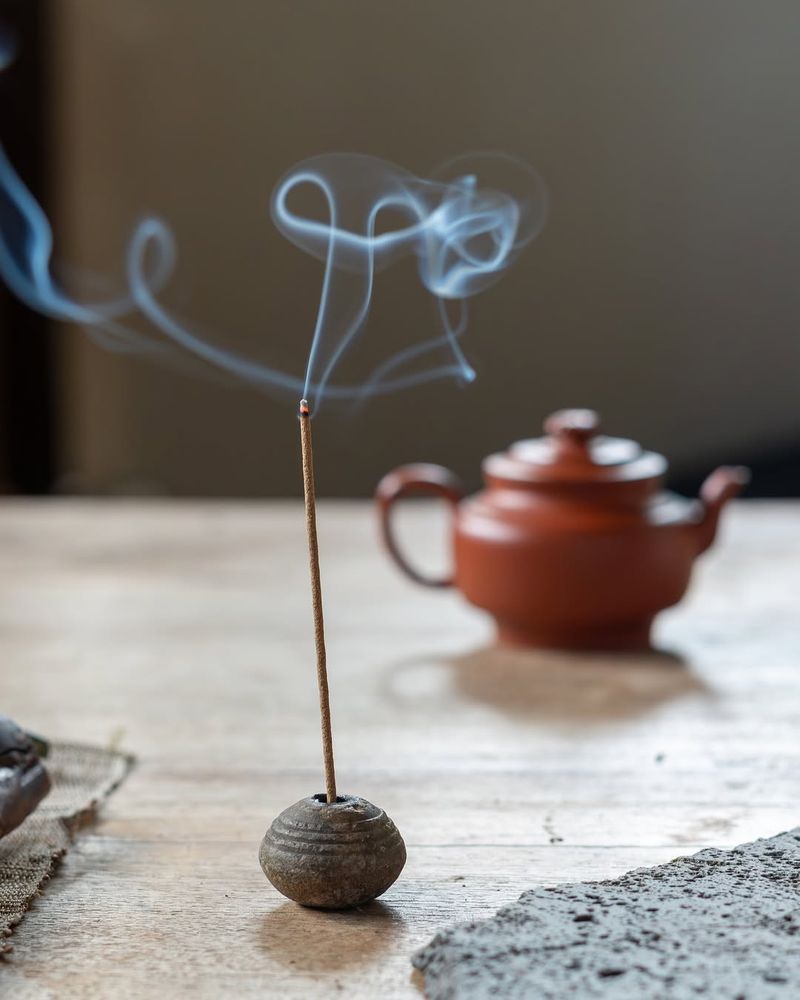
Incense can transport you to a serene temple with its aromatic smoke, but it might also transport your cat to the vet. The fragrant smoke from burning incense sticks contains particulates and compounds that can be harmful to cats when inhaled. It’s like an invisible foe lurking in the smoke trails.
Cats with respiratory issues are particularly vulnerable, as the smoke can exacerbate breathing problems. Even a cat with robust health might find the lingering smoke irritating, leading to coughing or sneezing fits. The tranquility of incense comes with a hidden price for your pet’s health.
To create a harmonious environment, consider alternatives like essential oil diffusers (with cat-safe oils) or simply increasing ventilation when burning incense. This way, you can enjoy the aromatic ambiance while ensuring your feline companion breathes easy. A calm and serene atmosphere should cater to all members of your household, whiskers included.
8. Perfume and Cologne
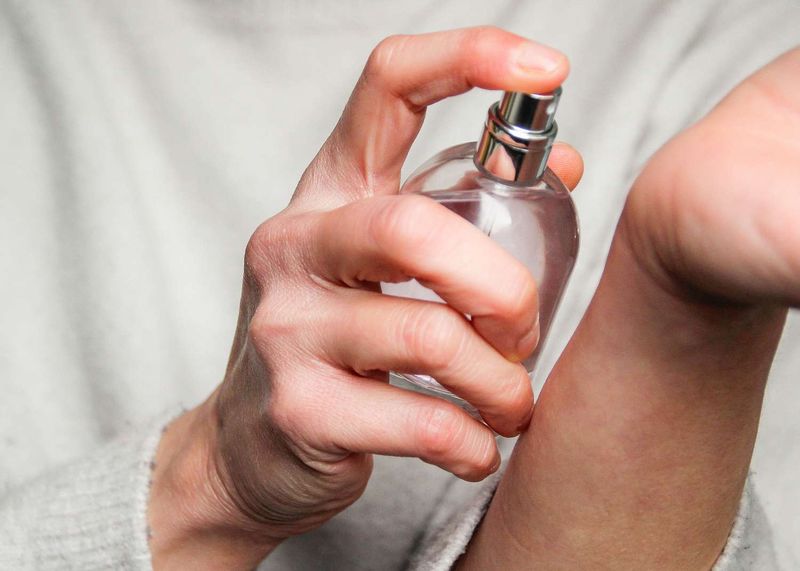
A spritz of perfume might be your finishing touch, but for your cat, it’s like a sensory overload. Perfumes and colognes often contain alcohol, essential oils, and chemical compounds that can be toxic to cats. It’s like an aromatic assault that they didn’t sign up for.
When you apply perfume, the particles can linger in the air, landing on your cat’s fur. As cats groom themselves, they might ingest these harmful chemicals, leading to stomach upset or worse. It’s a glamorous hazard wrapped in a chic bottle.
To keep your cat safe while still smelling fabulous, apply perfumes in a well-ventilated area, away from your pet’s reach. You might also consider using unscented products when spending time in close quarters with your furry friend. It’s a small adjustment for a big peace of mind, ensuring your cat’s purrs are of contentment, not distress.
9. Bleach
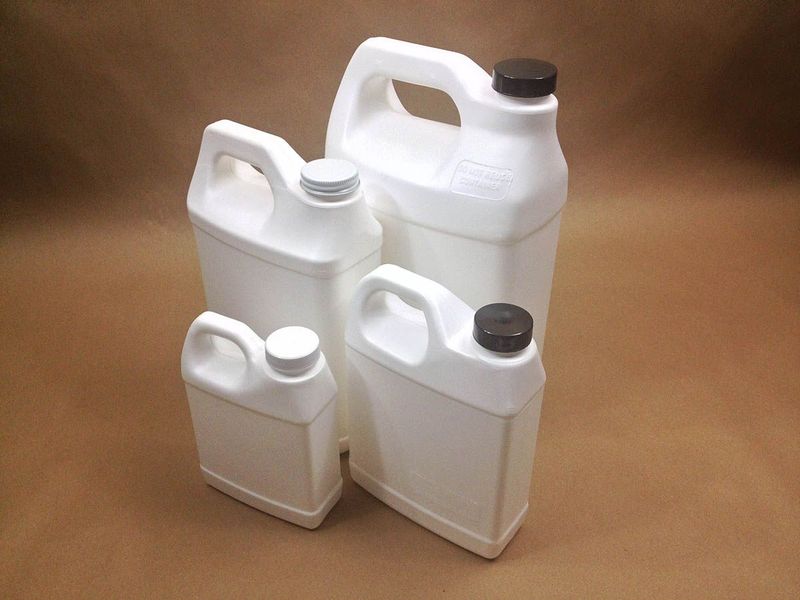
Bleach, with its powerful cleaning prowess, is a staple in many homes, but it’s a double-edged sword when it comes to cats. The strong odor of bleach can be overwhelming and even harmful to their sensitive noses and respiratory systems. It’s like a heavyweight cleaner with a knockout punch that your cat didn’t see coming.
Exposure to bleach fumes can cause respiratory distress in cats, leading to coughing, sneezing, and watery eyes. Ingesting bleach, even in small amounts, can lead to gastrointestinal issues or more severe symptoms. It’s a cleaning agent that demands respect and distance from your feline companions.
When using bleach, ensure proper ventilation and keep your cat out of the room until the area is safe. Consider alternatives like hydrogen peroxide or baking soda for less toxic cleaning solutions. This way, you can maintain a clean and safe home without putting your cat’s health in jeopardy. It’s a cleaning routine that puts feline safety first.
10. Fabric Softeners and Dryer Sheets
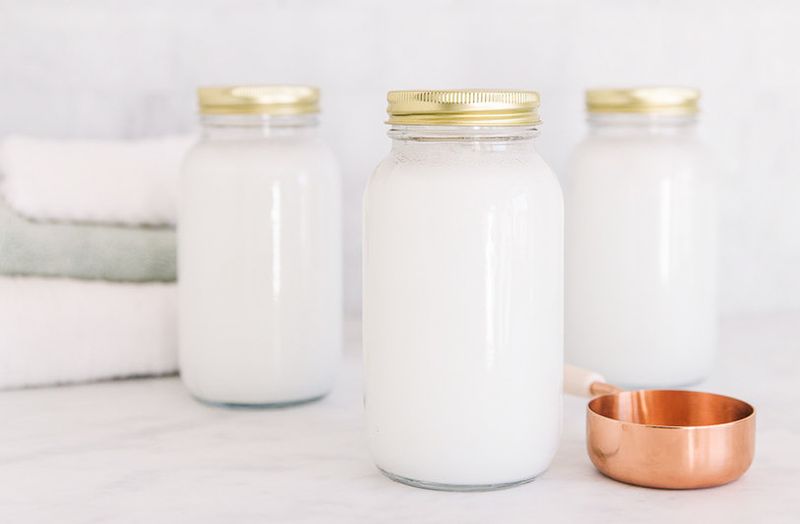
Freshly laundered clothes might smell like a meadow, but for your cat, they could be a field of hazards. Fabric softeners and dryer sheets contain chemicals and fragrances that can be harmful if your cat decides to chew or lick them. It’s a fresh-scented conundrum lurking in your laundry.
These products can leave a residue on fabrics, which might transfer to your cat’s fur. As they groom, they ingest these chemicals, potentially leading to drooling, vomiting, or more severe symptoms. It’s a laundry list of problems best avoided by keeping these products out of your cat’s reach.
Consider using unscented or natural fabric softeners as a safer alternative. A little extra softness isn’t worth risking your cat’s health. Plus, keeping those tempting dryer sheets stored away ensures that your feline friend’s laundry day is filled with comfort and safety, minus the unwanted side effects.
11. Tobacco Smoke

Tobacco smoke may conjure images of dim-lit lounges, but for cats, it’s a smoky maze of hazards. Secondhand smoke contains numerous chemicals that can be harmful to pets, with cats being particularly sensitive. Their smaller size and efficient grooming habits make them more vulnerable to ingesting harmful residues.
Inhaling tobacco smoke can lead to respiratory issues, and in long-term scenarios, even lung cancer in cats. The particles settle on their fur, which they ingest while grooming, adding to the health risks. It’s a cloud that casts a long shadow over feline well-being.
To protect your cat, create a smoke-free environment or designate smoking areas away from your pet. Ventilation and air purifiers can also help reduce the risks. Ensuring your home remains a haven of fresh air not only benefits your furry friend but enhances the quality of life for everyone in the household. After all, a breath of fresh air is a luxury everyone deserves.
12. Vinegar

Vinegar, the kitchen staple with a tangy twist, is a culinary delight that might cause your cat to turn tail. While not inherently toxic, the strong scent can be off-putting to cats, affecting their mood and appetite. It’s a pickling powerhouse that can pickle their curiosity in a heartbeat.
Though it’s often used as a cleaning agent, the aroma can deter cats from certain areas, making it both a blessing and a curse. The acetic acid in vinegar, while beneficial for cleaning, might irritate your cat’s sensitive nose and eyes if used excessively.
To use vinegar safely, keep it in dilution and ensure proper ventilation. This way, you can harness its cleaning power without causing discomfort to your feline friend. It’s a balancing act between maintaining a clean home and keeping your cat’s whiskers twitching with ease, and not in retreat.
